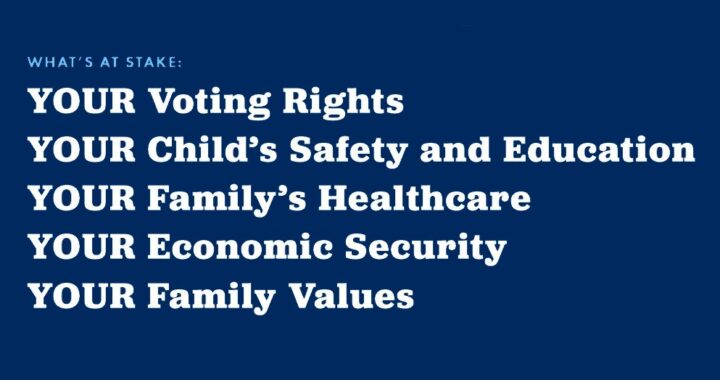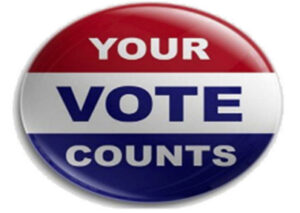Read here for correction of voting misinformation
Media Misinformation about restrictive voting laws in Nevada
Recently Nevada has found its way onto list of states that have implemented restrictive voting laws. This is in error as the Nevada Legislature in the last several sessions, under Democratic majority leadership, has expanded voting access.
A possible reason that some media outlets and think tanks have added Nevada to these lists may be based on the passage of Senate Bill 84 in the 2021 Session. This bill expands the maximum size of voting precincts from 3,000 to 5,000. In some states this might be seen as a restrictive measure because if precincts have larger numbers of voters there is a chance that voters will have to wait in longer lines. However, in Nevada we have adopted a “vote center model.” Election Day Vote Centers are like early voting sites in that the voter has the flexibility to choose where in their county of residence to vote, regardless of their address or precinct. Increasing the “maximum” number per precinct allows smaller rural precincts to remain unchanged. It gives rurals the flexibility for larger precincts without mandating it.
These Election Day Vote Centers were part of A.B. 345 of the 2019 Session. Sponsored by Speaker Jason Frierson, Majority Leader Benitez-Thompson, Speaker pro Tempore Steve Yeager, and Chair of Legislative Operations and Elections, Sandra Jauregui this bill came after the 2018 voter approved Question 5 implementing “Motor Voter Registration.” This bill puts in place processes to implement this voter approved voter registration change. In addition to Vote Centers and Motor Voter Registration, this bill provides for same-day voter registration, allowing 17-year-olds who will be 18 by the day of the General Election to vote in the primary, allowing voters who are in line when the polls close to be able to vote, accommodations for those with disabilities to receive and cast absentee ballots, and modifications to the deadline for accepting mail-in ballots.
But the Democratic majority was just getting started here. During the “COVID session” in the summer of 2020, the legislature implemented an all mail-in ballot. Every active voter received a ballot in the mail and could decide whether to mail it in, drop it in a drop box, or go to the polls to vote in person.
In the 2021 session, the Nevada Legislature put many of those temporary Covid precautions into permanent status. Assembly Bill 321 made mail-in ballots for every election the law. If folks do not want to vote by mail they can opt-out by submitting a written notice to the County Clerk 60 days before the election. The bill provides for ballot drop boxes to be located at every polling place. (It is a felony to establish a drop box if you are not the county or city clerk.) It provides for a minimum number of in-person voting sites and our voting center model means anyone who wishes to vote in person has many convenient options for where to do that. Mail-in ballots will be accepted if they are received up to four days following the election.
A voter who registered by mail or computer or who has not previously voted in a federal election will be required to include with their mail-in ballot one of several forms of identification. If there is a questionable signature on the ballot, the law provides for up to 7 days after the election to have that questionable signature verified by the city or county clerk. This is known as “curing” the ballot. The bill establishes procedures for signature matching when verification is in question and provides for annual training for those tasked with matching signatures.
A.B. 321 also extended the deadline by which a polling place and/or drop box can be requested on an Indian reservation.
Assembly Bill 422 streamlines the voter registration system. It will keep voter registration rolls as up-to-date as possible and make them more secure.
A.B. 432 expands automatic voter registration to places beyond the DMV. This would include H.H.S., the Silver State Health Insurance Exchange, an agency of an Indian reservation or colony, and any other state agencies designated by the Governor where the agency collects, in its regular course of business, identifying information from the person.
A.B. 126 changed the Nevada Caucus system into a Presidential Primary election to be held on the 1st Tuesday in February. That will make Nevada the first in the nation presidential primary. #WeMatter (Currently, the New Hampshire primary is scheduled on the 2nd Tuesday in February.)

